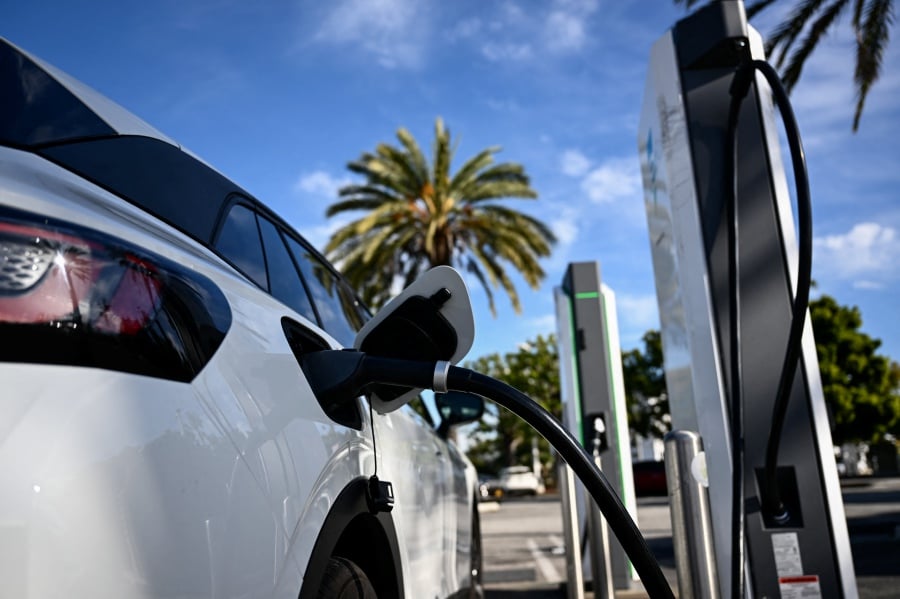GREENER FUTURE
H/L:
ELECTRIC vehicles (EVs) are becoming a popular alternative to petrol- powered cars in Malaysia, but are Malaysians ready for this transition?
The transition to EVs signifies a shift to clean energy vehicles, necessitating a robust EV infrastructure.
One of the challenges in the adoption of EVs is the limited availability of charging stations.
While the government has taken steps to install more charging points in public areas, there is still a long way to go.
Increasing the number of charging stations and ensuring their accessibility and reliability is crucial to encourage more people to switch to EVs.
Without a well-developed infrastructure to support EVs, potential buyers may be deterred by range anxiety and the inconvenience of finding charging facilities.
Most EV charging facilities are also in urban areas, leaving rural regions underserved.
To encourage the transition to EVs, the government and private sector must collaborate in expanding the charging infrastructure to make it more convenient and accessible.
Another factor that prevents people from investing in EVs is their affordability.
The market offers limited options for locally manufactured EVs, with most models being imported and subject to high taxes and import duties.
There are plans by local car manufacturers to produce EVs, but this takes time and the price range is also unknown.
These factors make EVs more expensive than conventional internal-combustion engine vehicles, deterring many potential buyers.
The high upfront cost of EVs compared with gasoline-powered vehicles is another barrier to adoption.
Government incentives, such as tax breaks and rebates, can offset this cost and encourage consumers to invest in EVs.
Concerns about battery longevity, charging times and maintenance costs are also issues that affect consumer enthusiasm for EVs.
On a more positive note, the growing global trend to electrification, coupled with advancements in battery technology, such as solid-state batteries and declining production costs, is expected to drive down the prices of EVs.
Nevertheless, addressing the challenges of EV adoption requires a concerted effort from stakeholders.
Government policies must continue to be aligned to support EV infrastructure development, research and expansion initiatives, and industry collaboration.
Automakers need to invest in local assembly plants and research facilities to drive down costs and customise EVs to suit the Malaysian market.
Consumers, too, play a crucial role by embracing EVs as a viable and sustainable alternative to traditional vehicles.
Public awareness and education about the environmental benefits of EVs need to be improved.
Studies show that access to information and experiences with EVs can affect consumer attitudes about adoption.
Are Malaysians willing to change their lifestyle by using EVs when we know it takes only five to 10 minutes to fill up with petrol whereas charging an EV takes longer?
Some studies show that only four per cent of EV owners own only an EV whereas the other 96 per cent surely have at least one gasoline-based vehicle.
This shows that trust in EVs isn't there yet.
DR MUHAMMAD AMMIRRUL ATIQI MOHD ZAINURI &
DR NOR AZWAN MOHAMED KAMARI
Department of Electrical, Electronic and System Engineering,
Universiti Kebangsaan Malaysia





